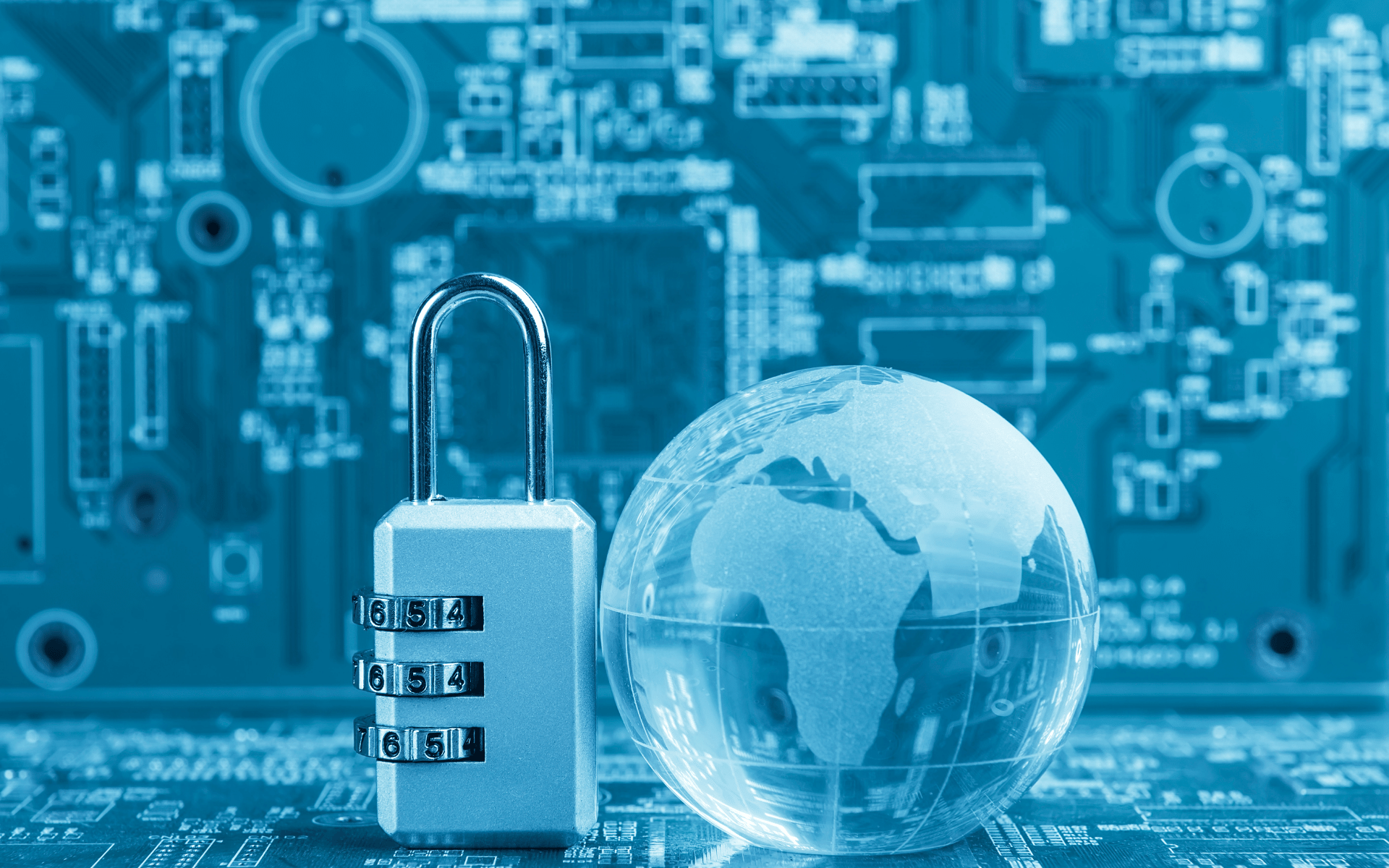How To Protect The Privacy Of Your Small Business
Just as an entrepreneur would incorporate his business to provide limited liability protection, small- to medium-sized business owners (SMBs) must emphasize privacy.
Cybersecurity threats and data breaches can threaten a small business’s security and privacy. For example, customers’ personal information can be stolen by cyber attackers. This data could later be used to commit identity theft or credit card fraud.

Cyberattacks can cause customers to feel uncomfortable shopping with the company. A security breach can cause the business to lose clients and their trust. A business is at greater risk of losing private information about its clients if there is a more serious security breach.
Tips to protect your online business privacy
It does not matter how small your business is. A cybersecurity breach or data breach can happen. It is not as difficult/costly as you understand to protect data. These best practices will help you protect your data and reduce the risk of cybersecurity threats.
- Establish a privacy policy.
- Training and educating employees.
- Invest in security software.
- Implement multi-factor authentication.
- Secure WiFi network.
- Backup data regularly.
- Get cyber liability insurance.
Let’s look at privacy protection best practices a bit more deeply.
1. Establish a privacy policy
A privacy policy is one of the best ways to safeguard the privacy of small businesses, employees and customers. Explain how your business will keep personal information safe in a privacy policy.
Businesses may collect personal data from customers, including names, email addresses, phone numbers and even telephone numbers. Privacy policies should detail the data that the company is collecting and the plans for how it will use it. Avoid collecting sensitive data/information, such as social security numbers (SSNs), or any other confidential information from customers.
2. Employees should be trained and educated
Did you understand that 90% of data breaches are caused by human error? Small businesses must protect this information. Small businesses should take the time to educate and train their employees. Employees will be able to understand their essential role in protecting customers and other business information.
The following areas should be prioritized when training employees on how to protect small businesses’ privacy:
- Tips: Create strong passwords and setting these passwords up every 60 to 90 calendar days.
- Learn about the most recent trends and news in fraud schemes.
- Security best practices include spotting unknown or unsolicited emails, avoiding opening attachments and not clicking on suspicious links.
- Information about protecting sensitive data. Employees can be trained to store sensitive data in approved spaces, such as a company cloud service.
After training is completed, small businesses may ask employees to sign paperwork or print documents proving that they have been adequately trained on security policies.
3. Invest in security software
Many small businesses are advised to use a “clean computer” to prevent viruses from infecting their computers and malware.
What software should small business owners install to protect their privacy? These are some options for data security:
- Anti-malware software that can be used to combat Phishing Attacks.
- Software to detect and scan network vulnerabilities before a data breach.
- Antivirus software that scans your computer for malware and viruses after every update.
- Firewall software prevents cyber-attackers from accessing private networks and gaining data.
- Software that protects your computer from all incoming threats. This software scans computers for potential hazards and blocks or deletes any suspicious software.
Make sure to regularly audit your website and enable automatic updates for software programs.
4. Implement multi-factor authentication
Employee security training should include the creation of strong passwords and regular password changes every 60-90 days. Multi-factor authentication is another excellent way to protect passwords and ensure safe logins.
Multi-factor authentication is used to verify the identity of the user logging in. It also adds security by asking for additional information, such as their username and password.
What is multi-factor authentication? Let’s suppose an employee logs in to their work portal. After entering their username and password, they will need to provide additional information to complete the login process.
Multi-factor authentication can send a passcode or receive a call from an employee’s mobile phone. Multi-factor authentication is used to check the identity of the user logging in. It also adds additional security protection.
5. Secure WiFi networks are available
Many small businesses have WiFi networks for staff and employees. The network should be secured, encrypted, and hidden.
Employees who work remotely or from home should use a virtual private network (VPN) to protect confidential business information.
6. Backup data regularly to protect your small business’ privacy
It is vital to back up your most critical data on computers regularly. This data could include Word processing documents and spreadsheets, financial and accounts receivable or payable files, human resource files, and databases.
To backup, these files, enable automatic settings. It is vital to back up data stored in the cloud regularly.
Can you print copies of essential documents in case they are lost or stolen? If a natural catastrophe or other issues could impact your business, keep them in a separate safe location
7. Cyber liability insurance is a good investment
Cyber liability and data breach insurance options are available.
These insurance companies can provide a quote to entrepreneurs and help them make a purchase that is tailored to their needs. This will further protect the privacy and security of small businesses.
Small businesses have a valuable asset: privacy. These guidelines can help you move your small business in a safer direction.

